Reviewed by Julianne Ngirngir
When you look at Apple's acquisition strategy, one name keeps coming up in the boardroom debates: Eddy Cue. The Senior Vice President of Services has been pushing for bolder deals for years, but his biggest swings have consistently met the same response from Tim Cook: no. Most recently, Cue wanted Apple to acquire two big companies, but Tim Cook said no – a pattern that reveals fascinating tensions within Apple's leadership about how aggressive the company should be in the AI race.
This isn't just about corporate strategy – it's about two fundamentally different philosophies for how Apple should compete in an AI-driven future. And with regulatory pressure mounting on Apple's $20 billion deal with Google, these internal debates are becoming more critical than ever.
The dealmaker vs. the cautious CEO
Here's what makes this corporate drama so compelling: Eddy Cue isn't some newcomer pushing risky ideas. Cue joined Apple in 1989 and has been behind numerous Apple innovations, including the iTunes Store launch. He even championed the $3 billion Beats deal in 2014 – one of Apple's largest acquisitions ever.
What makes his AI advocacy particularly compelling is his deep understanding of how services can transform Apple's business. As the architect of Apple's transformation into a services powerhouse, Cue sees firsthand how external partnerships and acquisitions can accelerate capabilities that would take years to develop internally. His push for AI acquisitions isn't just about buying technology – it's about leveraging his services expertise to identify opportunities that align with Apple's long-term strategic vision.
But when it comes to the really big swings, Cook has consistently pumped the brakes. Cue previously pushed for Apple to buy companies like Netflix and Tesla, both of which would have been transformative deals worth tens of billions. Cook's response? Thanks, but no thanks.
Now imagine if Apple had pulled the trigger on those deals. Netflix would have given Apple instant dominance in streaming before the company even conceived Apple TV+, while Tesla could have provided a massive head start on Project Titan – the autonomous vehicle initiative that's been in development for over a decade. Instead, Apple chose its traditional path of organic growth, building Apple TV+ from scratch and continuing to develop automotive technology internally.
The tension reflects Apple's broader philosophical divide. While Cue attributes Apple's success to saying "no" to almost everything, he's clearly willing to say "yes" to the right big opportunities that could reshape entire product categories. Meanwhile, other leaders like Craig Federighi prefer developing technology in-house rather than acquiring it.
This isn't just a difference of opinion – it's a fundamental disagreement about Apple's identity in an era where AI development cycles are measured in months, not years. The question becomes: can Apple's traditional approach of careful, internal development keep pace with the rapid innovation happening in AI startups?
The AI acquisition battleground
Fast-forward to today, and the competitive urgency has never been more intense. Apple executives have discussed acquiring Mistral AI and Perplexity – two AI startups that could dramatically boost Apple's artificial intelligence capabilities. Cue is the most vocal advocate of these AI deals, seeing them as essential for Apple's competitive future.
Let's break down what these companies bring to the table. Mistral AI is a Paris-based company that develops open-weight large language models designed to be smaller, faster, and easier to deploy than many competitors. Think of them as the efficiency experts of AI – they're building models that can run on devices rather than requiring massive data centers. For Apple, which prioritizes on-device processing for privacy reasons, this capability directly addresses one of the biggest challenges with current AI implementations.
Meanwhile, Perplexity builds an AI-powered search engine that combines large language models with real-time web indexing. Unlike traditional search engines that return lists of links, Perplexity provides direct answers with citations. This represents exactly what Siri should have evolved into – a conversational AI that can provide authoritative, real-time information without compromising user privacy through excessive data collection.
The timing is particularly strategic because these acquisitions would directly address Apple Intelligence's current limitations. While Apple's AI initiative demonstrates solid engineering, it lacks the conversational sophistication and real-time knowledge capabilities that users expect from modern AI assistants. Acquiring Mistral's efficiency-focused models and Perplexity's search capabilities could leapfrog Apple ahead of competitors who are still relying on cloud-heavy solutions.
Here's the thing: these wouldn't be small acquisitions. Apple is hesitant to do deals that would likely cost billions of dollars, and Perplexity's $14 billion valuation would make this dramatically larger than any acquisition in Apple's history. We're talking about deals that would dwarf even the Beats acquisition by a factor of five.
Why Apple keeps saying no to big deals
So what's holding Apple back from making these transformative moves? The company's track record tells the story. Apple has rarely spent more than a hundred million dollars on an acquisition, with only two major exceptions: Beats at $3 billion and Intel's wireless modem business at $1 billion.
This conservative approach isn't about lacking resources – Apple has over $133 billion in cash. Instead, the company worries about overpaying or creating culture clashes. Apple's corporate development team led by Adrian Perica typically avoids using outside bankers and prefers carefully calculated deals.
The integration challenge represents multiple layers of complexity. Apple has made around 100 mergers and acquisitions in the last six years, mostly in secret, but these have typically involved acquiring small teams with specific technologies, then shutting down the original products and folding the talent into existing Apple teams.
Acquiring a company like Perplexity would require a fundamentally different approach – maintaining the innovation culture and operational independence that made these companies successful while integrating their technologies into Apple's ecosystem. The risk isn't just financial; it's whether Apple can successfully absorb thousands of employees and preserve the entrepreneurial speed that AI development demands.
But there's a deeper strategic timing issue at play. Apple's deliberate acquisition approach, which works well for hardware technologies that can be developed over years, may be fundamentally mismatched to AI's rapid evolution cycles. While Apple carefully evaluates potential deals, competitors are shipping new AI capabilities every quarter.
The Google problem changes everything
But here's where external forces might override internal caution: regulatory pressure is fundamentally altering Apple's strategic calculus. Regulatory pressure is mounting on Apple's $20 billion deal with Google, and if a federal ruling ends this arrangement, Apple could be compelled to acquire an AI-powered search startup to fill that gap.
The Department of Justice is essentially forcing Apple to reconsider its entire search strategy. Losing $20 billion in annual Google revenue isn't just a financial hit – it would fundamentally reshape Apple's services business model and force the company to develop search capabilities it has deliberately avoided building.
This creates a fascinating strategic paradox. While Cue pushes for AI acquisitions, he's also been crystal clear about Apple's search engine limitations. Cue outlined why Apple would never develop its own search engine, citing the billions of dollars and many years it would require. He also noted that Apple lacks the specialized professionals and operational infrastructure needed for search advertising.
More fundamentally, building a search engine would require Apple to adopt targeted advertising as a core service – something that conflicts directly with the company's privacy-focused brand identity. Acquiring a company like Perplexity offers a potential solution: gaining search capabilities without building an advertising infrastructure that compromises user privacy.
The regulatory timeline adds unprecedented urgency to these acquisition discussions. When government action threatens a revenue stream representing roughly 5% of Apple's total business, even the most cautious CEO must consider options that would normally be off the table.
What this means for Apple's future
Despite the mounting pressures, Apple is telling bankers that it's carrying on with its strategy of focusing on smaller deals in AI. But Cook recently teased that Apple is "very open to M&A that accelerates our roadmap" – language that suggests flexibility when circumstances demand it.
The reality is that the talks about acquiring companies like Perplexity are still at an early stage and may not lead to formal offers. But these conversations represent something unprecedented in Apple's history: serious consideration of acquisitions that would fundamentally alter the company's scale and approach to technology development.
What's most intriguing is how these discussions could reshape Apple's competitive strategy beyond just AI. Successfully integrating large AI companies would demonstrate that Apple can adapt its traditionally insular development approach to accommodate the speed and scale that modern technology competition demands. Failure to act, meanwhile, might leave Apple permanently behind in AI capabilities as competitors continue advancing through both internal development and strategic acquisitions.
The tension between Cue's dealmaking ambitions and Cook's cautious approach ultimately reflects broader questions about how technology companies should compete when innovation cycles accelerate beyond traditional development timelines.
Bottom line: whether Apple ultimately makes a major AI acquisition may depend less on resolving internal philosophical differences and more on external market forces that make bold action unavoidable. If regulatory changes eliminate Apple's Google revenue stream, we might finally see Cue get his transformative deal – not because Cook embraced aggressive dealmaking, but because maintaining Apple's competitive position left no alternative. And in a technology landscape where AI capabilities increasingly determine market leadership, that external pressure might be exactly what forces Apple to evolve its strategic approach for a new competitive era.




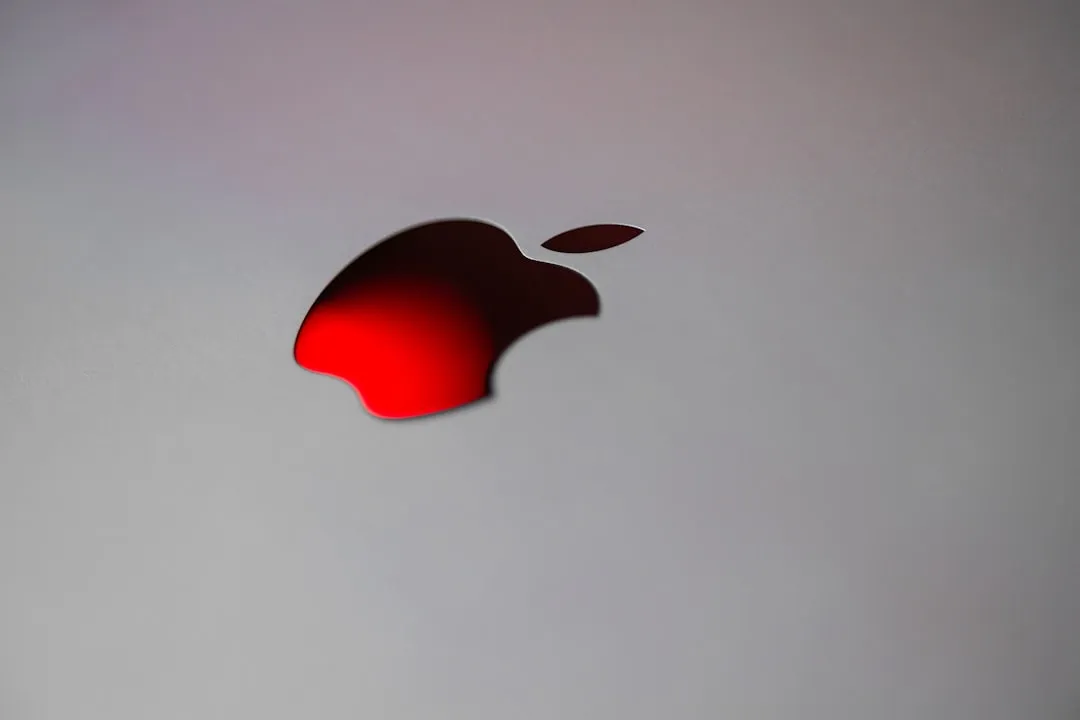
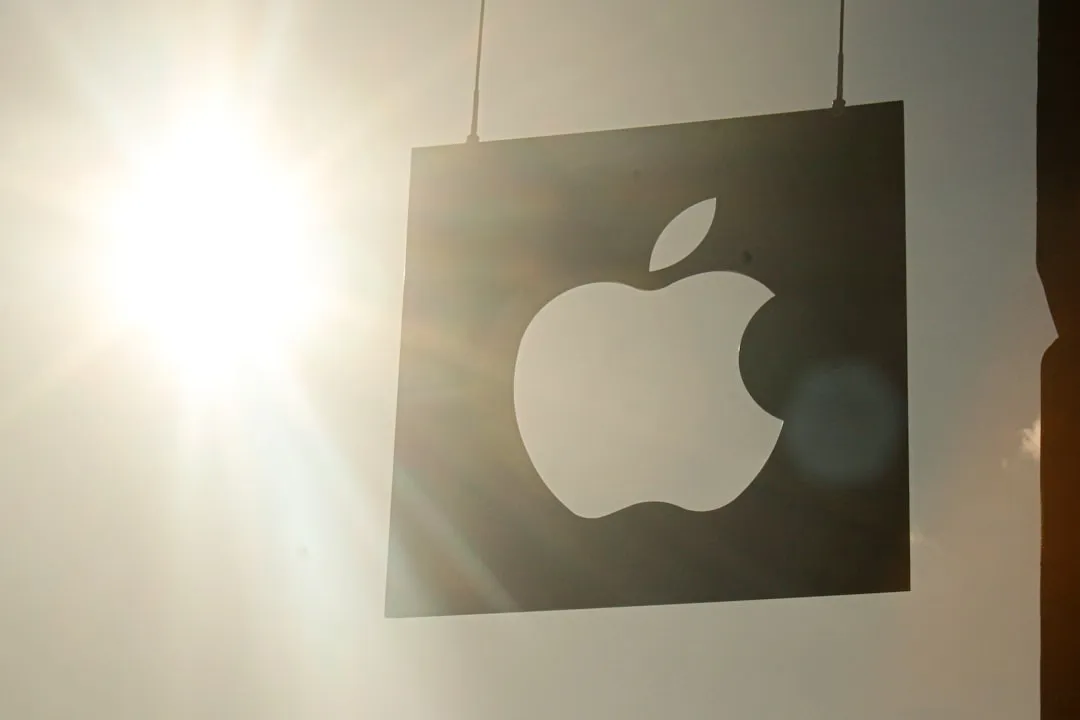

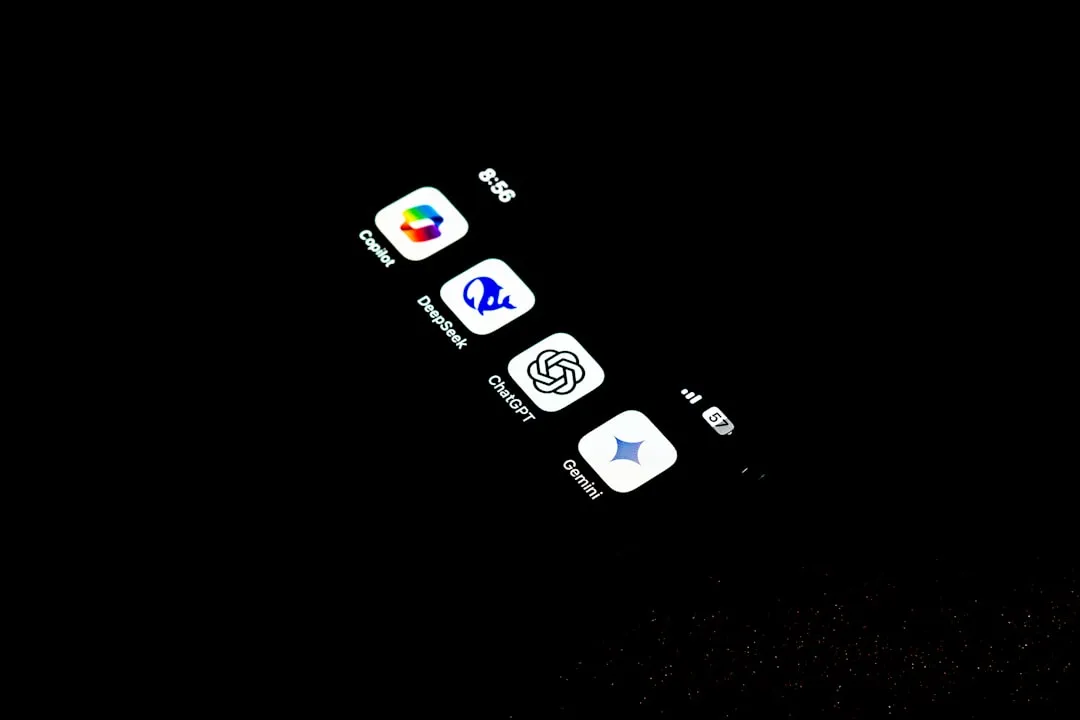
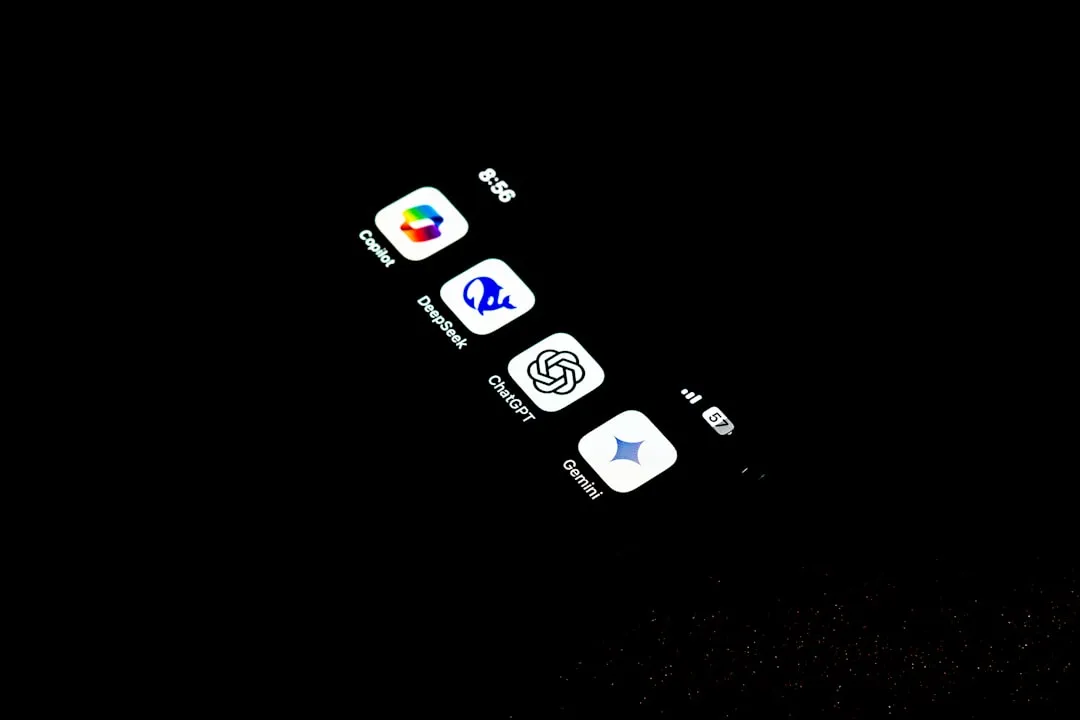
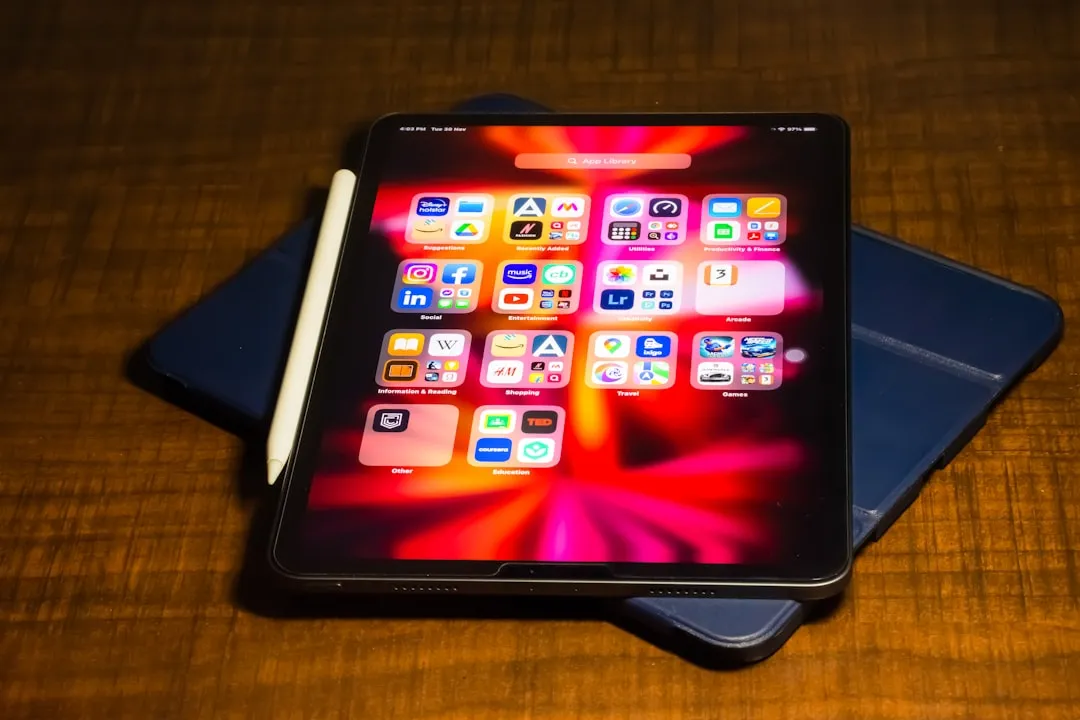

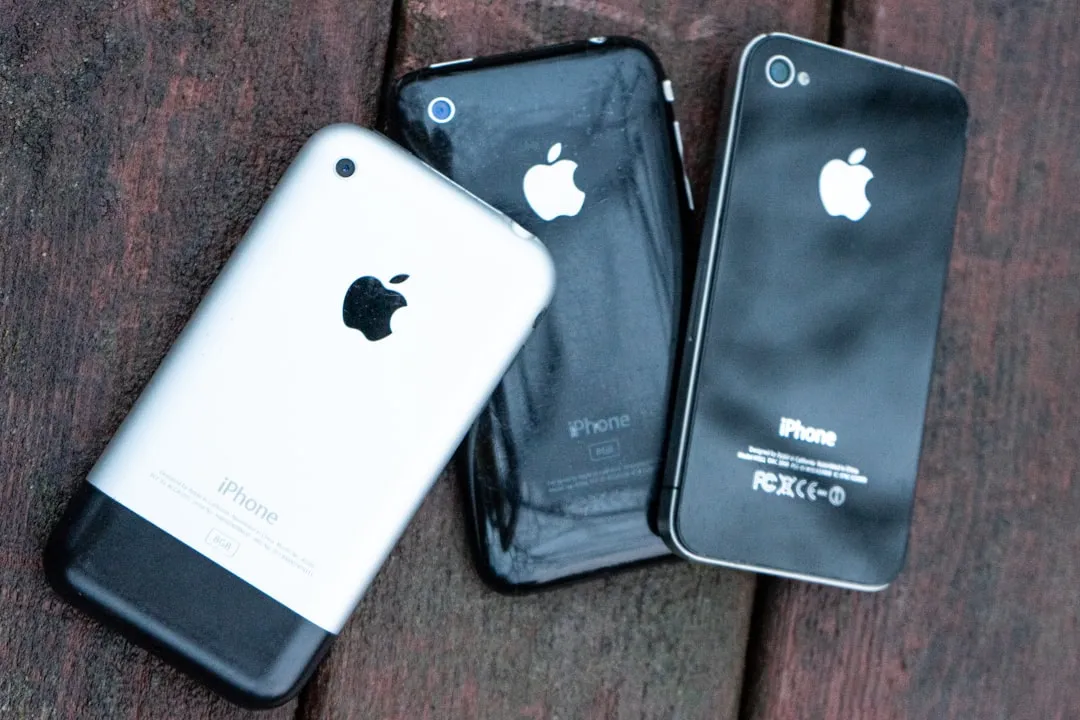

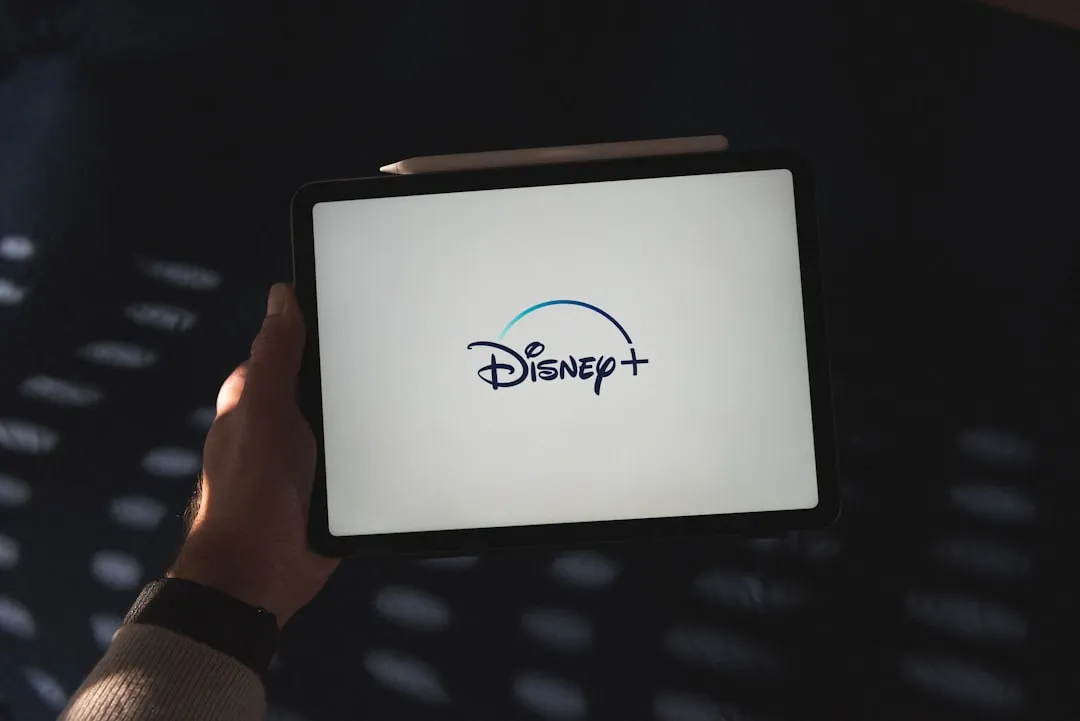
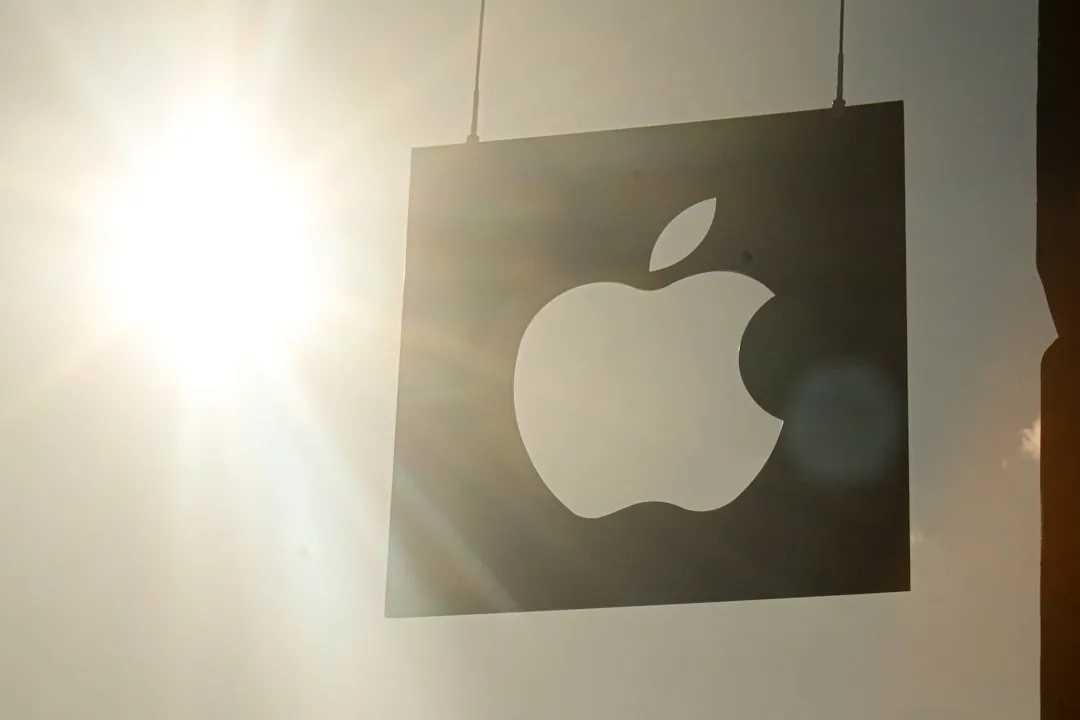
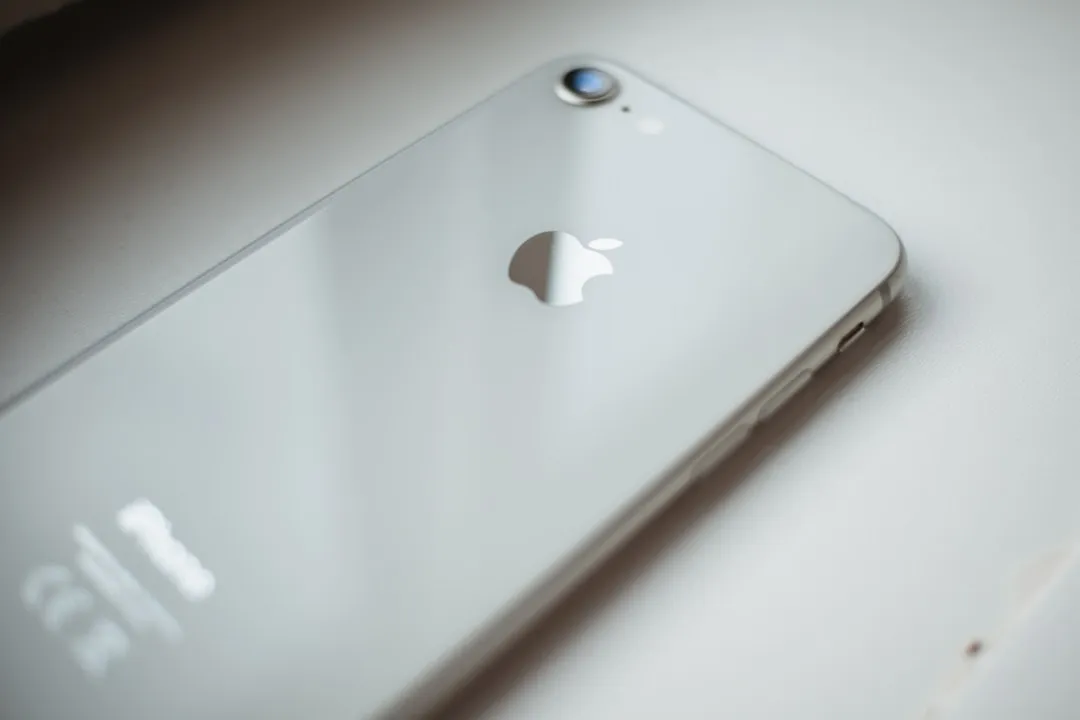


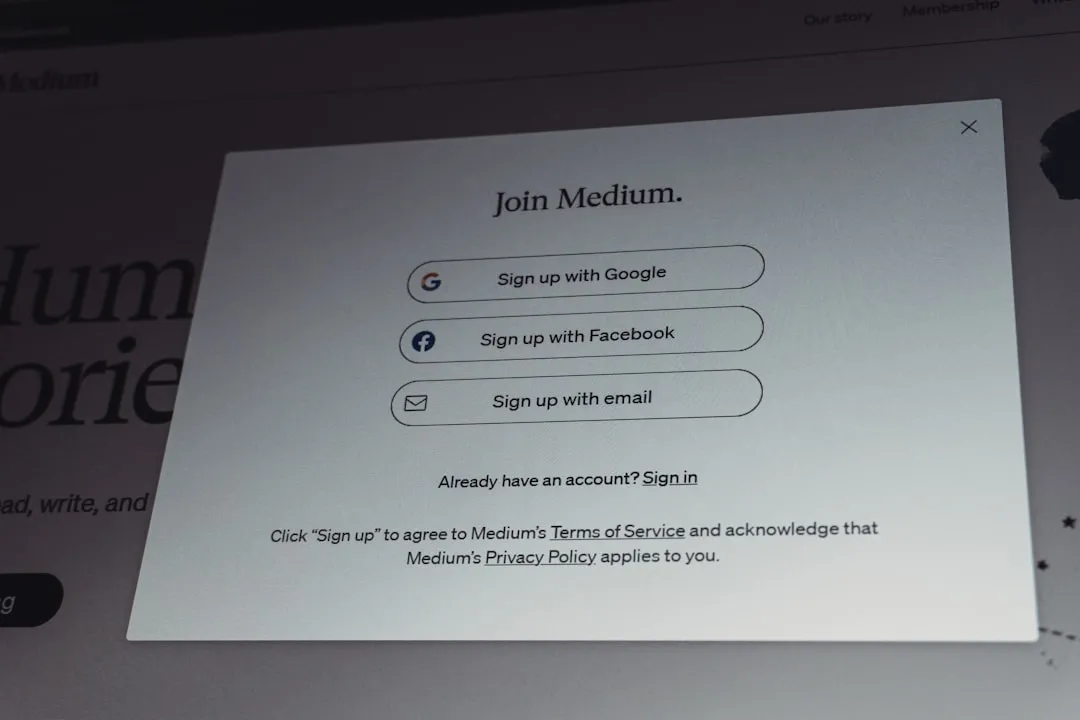
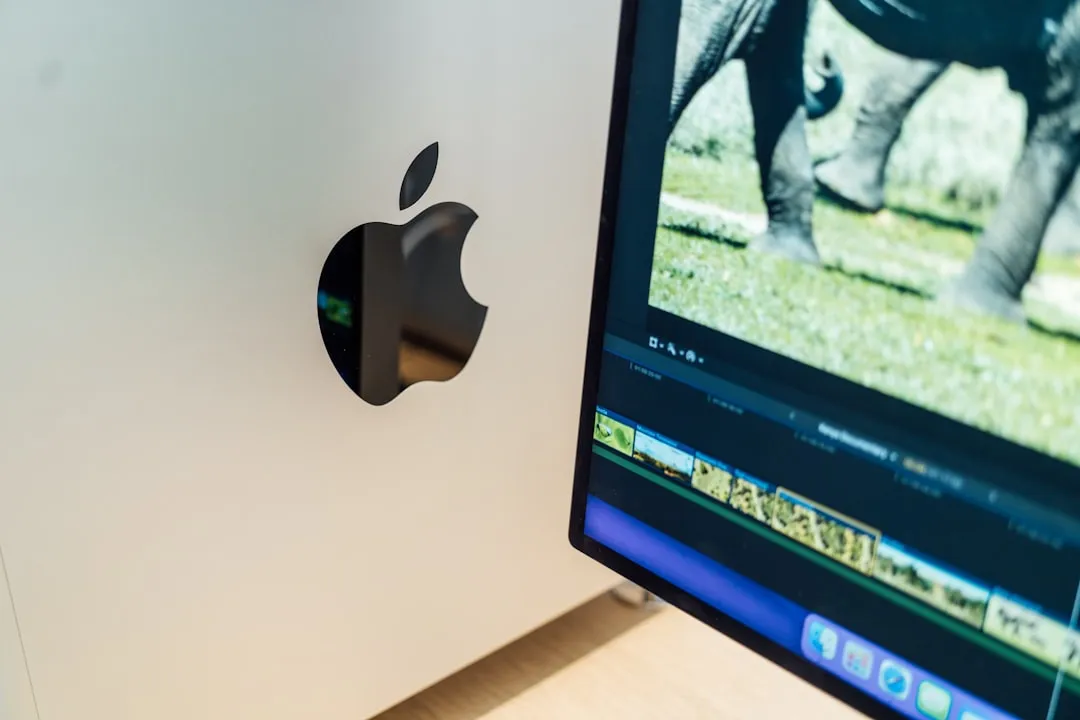
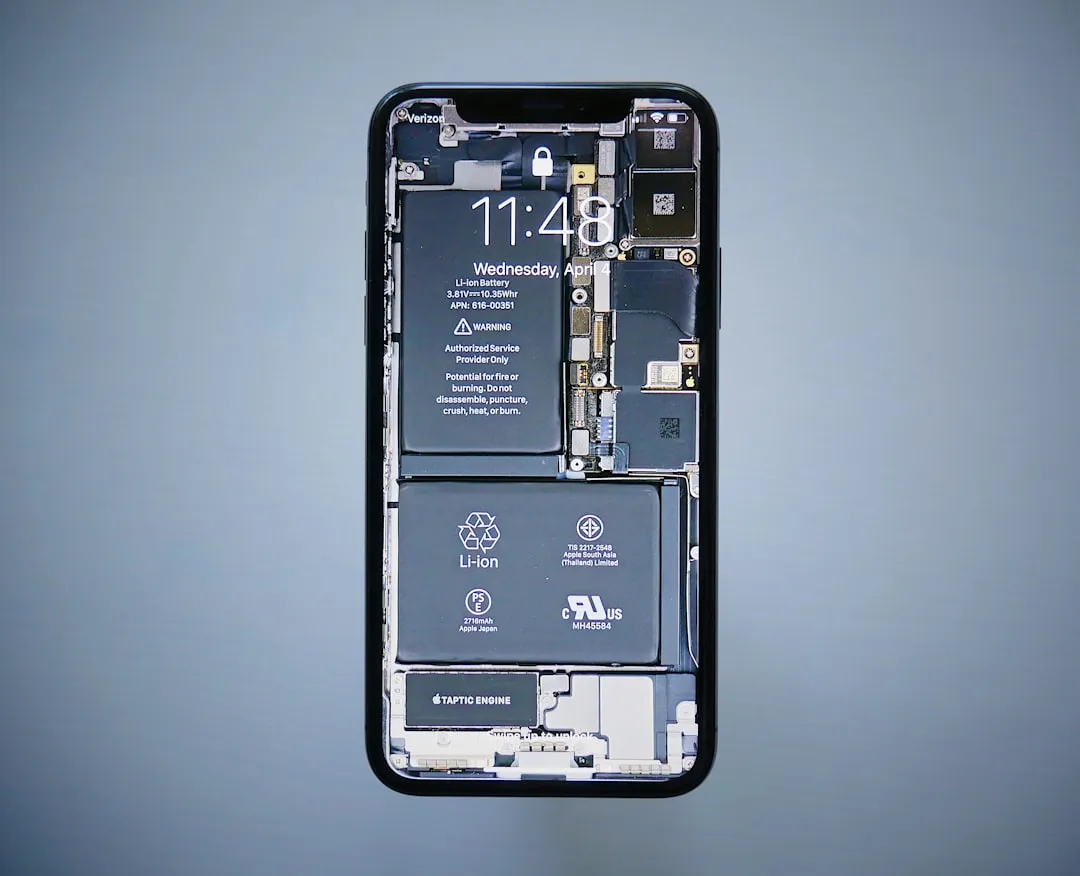

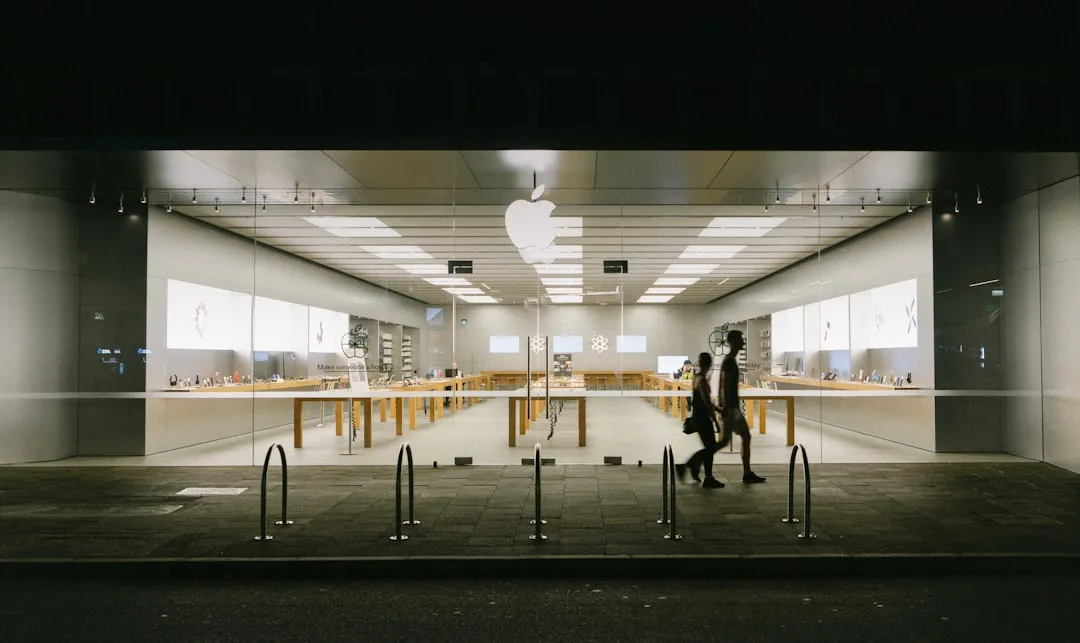
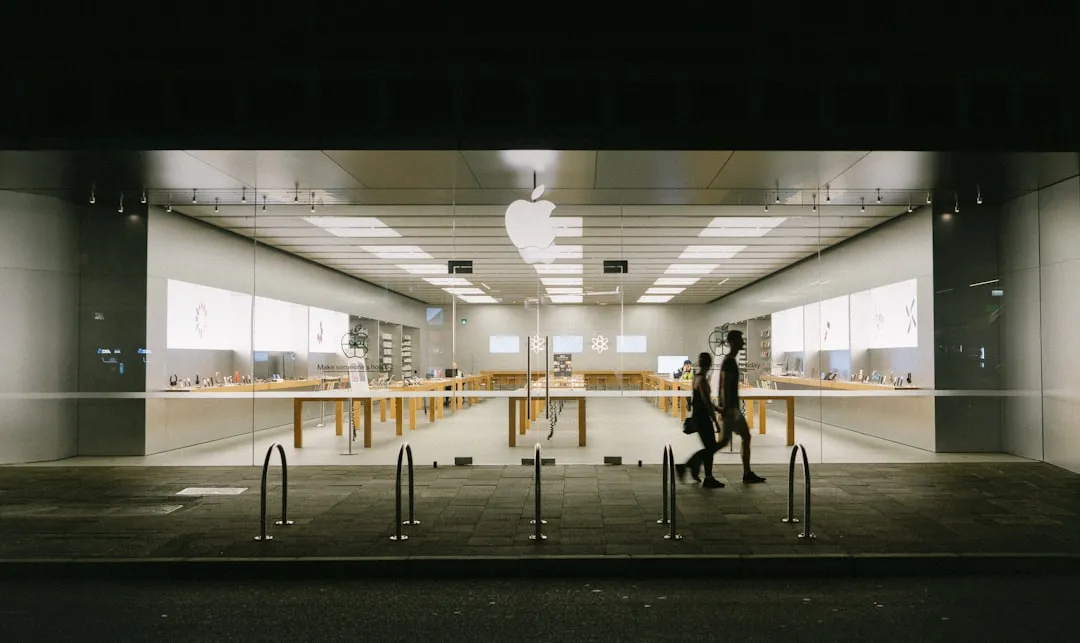

Comments
Be the first, drop a comment!